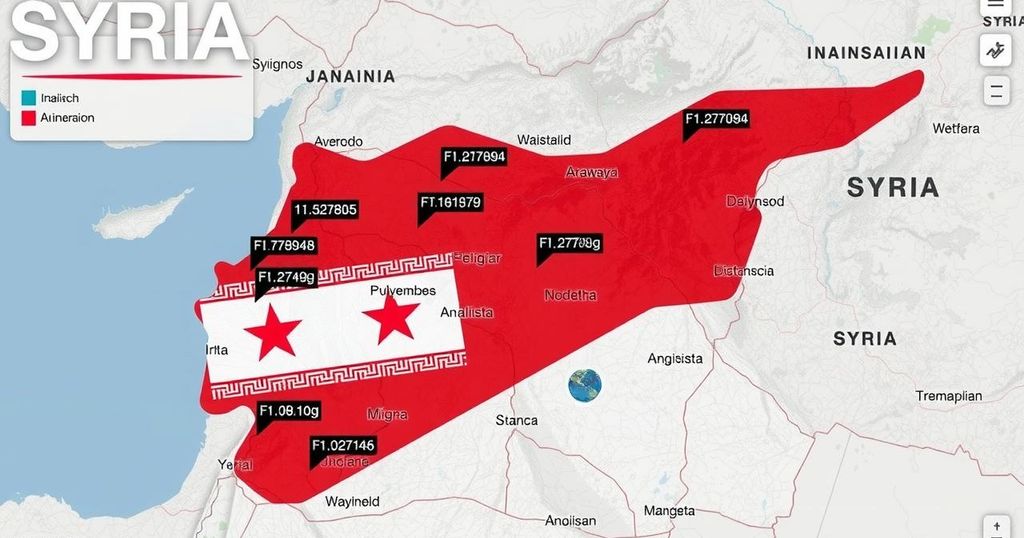Iranian proxies in Syria, the Fatemiyoun and Zainebiyoun Brigades, formed to support the Assad regime during the Syrian civil war, have seen a drastic shift following recent anti-Assad advances, with many fighters abandoning their posts. Their future remains uncertain as Iran seeks to maintain its influence amidst a changing conflict environment.
The Iranian proxies operating in Syria, notably the Fatemiyoun Brigade and the Zainebiyoun Brigade, were integral to Iran’s strategy to extend its influence in the region while supporting the Assad regime during the Syrian civil war. Composed of Afghan and Pakistani Shiites, both groups saw significant action in reclaiming territories previously lost to the Islamic State group. In recent conflicts, however, many of these fighters abandoned their positions amidst an opposition surge, leading to uncertainty regarding their current status. Experts suggest that Iran is unlikely to entirely disband these groups as it faces challenges from other regional partners such as Hezbollah. The Fatemiyoun and Zainebiyoun originated amid the rising threats to Shiite interests in Syria, leading to their establishment, recruitment, and involvement in key battles across the country, significantly contributing to the Assad regime’s military efforts. Yet, as Iranian-backed forces face setbacks, the fate of these fighters and their future remains unclear, with reports of some possibly regrouping in neighboring regions or returning to Iran as the conflict evolves.
The Syrian civil war began in 2011, leading to a complex conflict involving various factions, including the Assad regime, anti-government rebels, and extremist groups. Iran, aiming to bolster its regional influence, established proxy groups like the Fatemiyoun Brigade and Zainebiyoun Brigade, primarily composed of Afghan and Pakistani Shiite volunteers. These groups were instrumental in the fight against Sunni extremist groups like IS. Their alliance with the Assad regime facilitated several military successes but has recently faced challenges, leading to significant changes in their deployment and presence in Syria.
In conclusion, the situation for Iranian proxies in Syria, particularly the Fatemiyoun and Zainebiyoun, illustrates the broader challenges Iran faces in maintaining its influence amid a shifting conflict landscape. Following recent unrest and opposition advances, the future of these groups remains ambiguous, with many fighters fleeing or being reassigned. As regional dynamics evolve, their role and viability as Iranian proxies will likely continue to adapt, reflecting the ongoing complexities of Middle Eastern geopolitics.
Original Source: www.voanews.com







